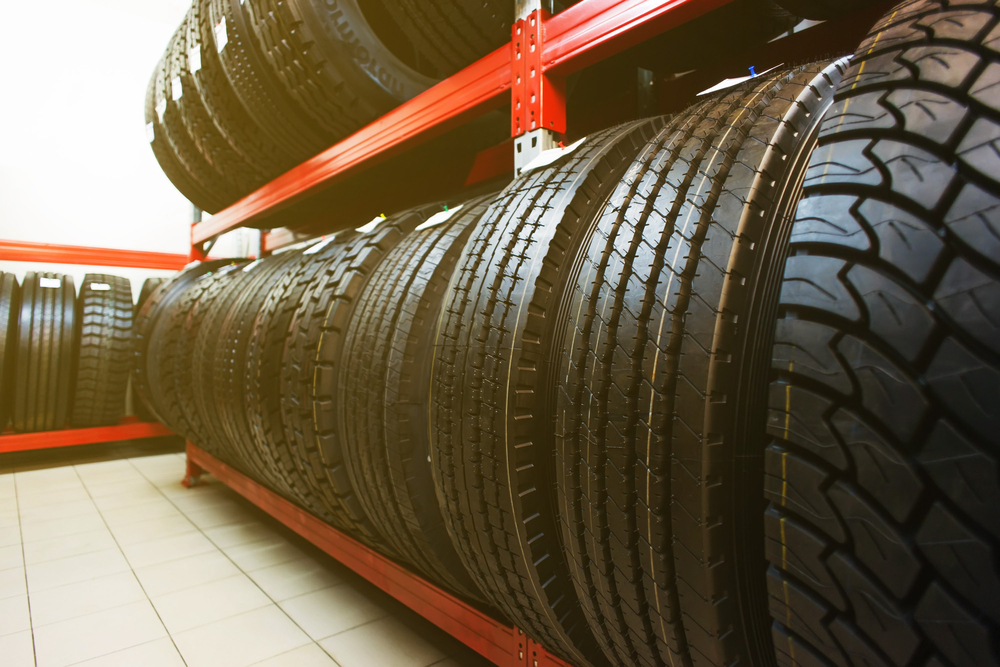Choosing the right tires is crucial for your vehicle’s safety, performance, and fuel efficiency. Tires are the only contact point between your vehicle and the road, so selecting the proper type, size, and quality can significantly affect your driving experience. This guide will help you understand the key factors to consider when selecting tires for your vehicle.
Understand Your Vehicle’s Requirements
Every vehicle has specific tire requirements based on its make, model, and intended use. Refer to the owner’s manual or the tire placard, usually found on the driver’s door frame, to find the recommended tire size, load index, and speed rating. Using the correct tire specifications ensures compatibility and optimal performance.
Determine the Right Tire Type
Tires come in various types designed for different driving conditions and needs. All-season tires offer a balance of performance in dry, wet, and light snowy conditions, making them suitable for most drivers. Performance tires enhance handling and traction, especially at higher speeds, ideal for sports cars. Winter tires provide superior grip on snow and ice, essential for colder climates. Off-road tires are designed for rugged terrain and are preferred by drivers who frequently travel on unpaved roads.
Consider Your Driving Conditions
Evaluate the typical weather and road conditions where you drive. If you live in an area with harsh winters, investing in dedicated winter tires improves safety. Conversely, if you mostly drive in urban or highway settings with moderate weather, all-season tires may suffice. For adventurous drivers who often tackle off-road trails, specialized tires with reinforced sidewalls and aggressive tread patterns are recommended.
Assess Tire Performance Features
Tire performance is influenced by tread design, rubber compound, and construction. Look for features like deep tread grooves that help channel water away and reduce hydroplaning risk. Tires with softer rubber compounds may offer better grip but can wear out faster. Consider factors such as noise level, rolling resistance (which affects fuel economy), and ride comfort when choosing tires.
Understand Tire Ratings and Labels
Tires come with ratings that indicate their capabilities. The Uniform Tire Quality Grading (UTQG) system rates treadwear, traction, and temperature resistance. A higher treadwear rating suggests longer life, while traction ratings indicate stopping power on wet surfaces. Temperature ratings reflect heat resistance at high speeds. These ratings help you compare and select tires suited to your driving needs.
Balance Cost and Quality
While it may be tempting to opt for cheaper tires, investing in quality tires can save money in the long run through improved safety, better fuel efficiency, and durability. Look for reputable brands that meet safety standards and offer warranties. Occasionally, mid-range tires provide an excellent balance of cost and performance.
Don’t Ignore Tire Maintenance
Choosing the right tires is only part of the equation. Regular tire maintenance, including proper inflation, rotation, alignment, and balancing, prolongs tire life and maintains performance. Underinflated or misaligned tires can lead to uneven wear, reduced handling, and increased fuel consumption.
When to Replace Your Tires
Even the best tires have a finite lifespan. Inspect tires regularly for tread depth, cracks, bulges, and signs of wear. The legal minimum tread depth is typically 2/32 of an inch, but replacing tires before they reach this point is safer. Aging tires, even if tread looks adequate, should be replaced after about six years due to rubber degradation.
Seek Professional Advice
If you’re unsure about the right tires for your vehicle, consult a tire professional or mechanic. They can assess your driving habits, vehicle specifications, and local conditions to recommend suitable options. Many tire retailers also provide installation services and after-sale support.
Make an Informed Purchase
Before purchasing, compare tire prices, read reviews, and verify warranty coverage. Consider seasonal promotions or discounts but avoid compromising on safety and quality. Purchasing the right tires tailored to your vehicle and driving conditions enhances safety, comfort, and performance on every journey.








